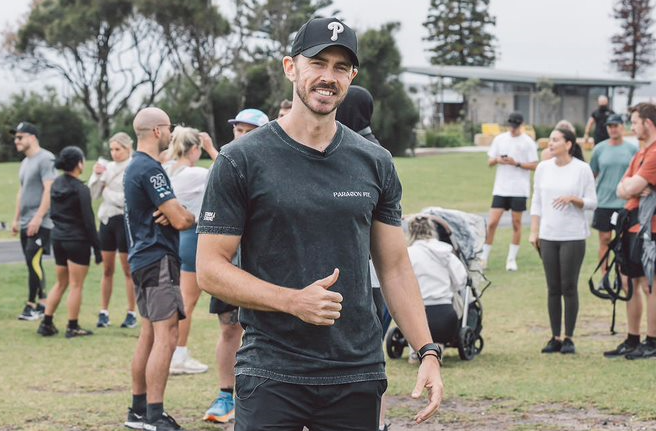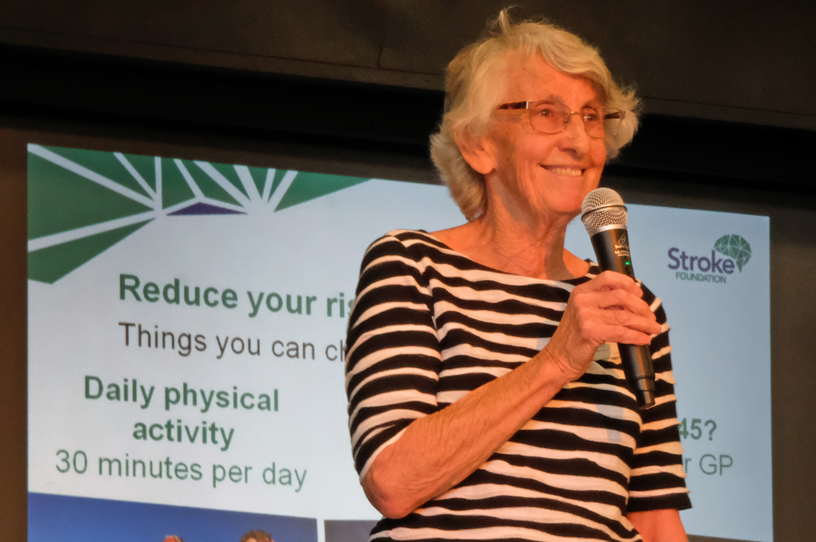New Zealand building product company Global Fibre8 Limited and its sole director, Tangi Tuake, have been fined with Mr Tuake being ordered to pay compensation to consumers after making false and misleading claims about a wall panel system (named K3T) between July 2015 and August 2018.
Commission Chair Anna Rawlings says the Commerce Commission began investigating after it received complaints that the company and Mr Tuake were claiming K3T had a New Zealand CodeMark certification, when it did not.
“They repeatedly represented that K3T had CodeMark certification which would guarantee its acceptance for use under the New Zealand Building Code (NZBC) by New Zealand regulatory bodies. In fact, K3T had CodeMark certification for use in Australia but it did not have CodeMark certification in New Zealand. Building code requirements in Australia and New Zealand are different; Australian and New Zealand CodeMark certificates are not interchangeable.”
Having considered a range of verbal and written statements made, Judge Phillips said, “there is no doubt in my mind that the defendants knew that what they were saying was false”.
“The K3T wall board did not have a New Zealand CodeMark and that any certification it did have, was incapable of certifying compliance with the NZBC. That could only be done through a New Zealand CodeMark which K3T has never had.”
Ms Rawlings says, “building a home is a substantial investment. For most consumers, it is likely to be the most significant asset. They should be able to rely on information they are provided about approvals or certifications of building products and methods. Businesses must ensure that any claims they make are accurate and can be substantiated.”
Global Fibre8 was fined $280,000. Mr Tuake was fined $80,000 in addition and ordered to pay reparation of $120,000 to consumers towards their suffered loss, including towards the cost of remediating their properties. The fine and reparation ordered against Mr Tuake was determined taking into account his financial position.
Background
The Commerce Commission filed charges against Global Fibre8 and shareholder Tangi Tuake in July 2019. The matter was heard over three days in December 2020, and a judgment issued finding the defendants liable on 19 February 2021. A final sentencing decision was issued on 13 May 2022.
K3T
K3T is a magnesium oxide/fibre cement wall panel system used externally and internally in the construction of houses and commercial buildings. It is made from pre-fabricated panels that are assembled onsite to form walls. The panels comprise two magnesium oxide boards held together by spacers, and the spacers create cavities which are filled or part-filled with concrete on site.
K3T was marketed as a cheaper and quicker alternative building method and a solution to the rising costs of housing in New Zealand. On its website, Global Fibre8 represented K3T as “practical, durable and affordable”, and promised “reduction of cost through construction time saving, less trade and less materials.”
CodeMark
The CodeMark scheme is a voluntary product certification scheme under which products may be certified as meeting the requirements of the New Zealand Building Code or the Building Code of Australia.
The CodeMark scheme operates both in New Zealand and Australia. However, products must be separately certified in each country because there are differences in the two countries’ building codes.
New Zealand CodeMark certificates are product certificates issued under the Building Act. This means that building consent authorities (mainly local councils) must accept a New Zealand CodeMark certificate as evidence of compliance with the New Zealand Building Code (provided the product is used in accordance with any conditions defined in the certificate).
An Australian CodeMark certificate is not a product certificate under the Building Act.
Differences between the New Zealand Business Code and the Building Code of Australia
The differences relate to issues such as durability, seismic structural loading, infestations, heat and similar such issues, where conditions in the two countries diverge and one certification scheme could not meet the needs of both countries.
If you can’t back it up, don’t say it
Traders must be able to back up the claims they make and if they cannot, they should not be making them. Guidance for traders on false and unsubstantiated claims is available on our website.








/regulation-and-prequalification-(rpq)/50960620707_59849e65eb-k.tmb-768v.jpg?sfvrsn=8ea94951_1)